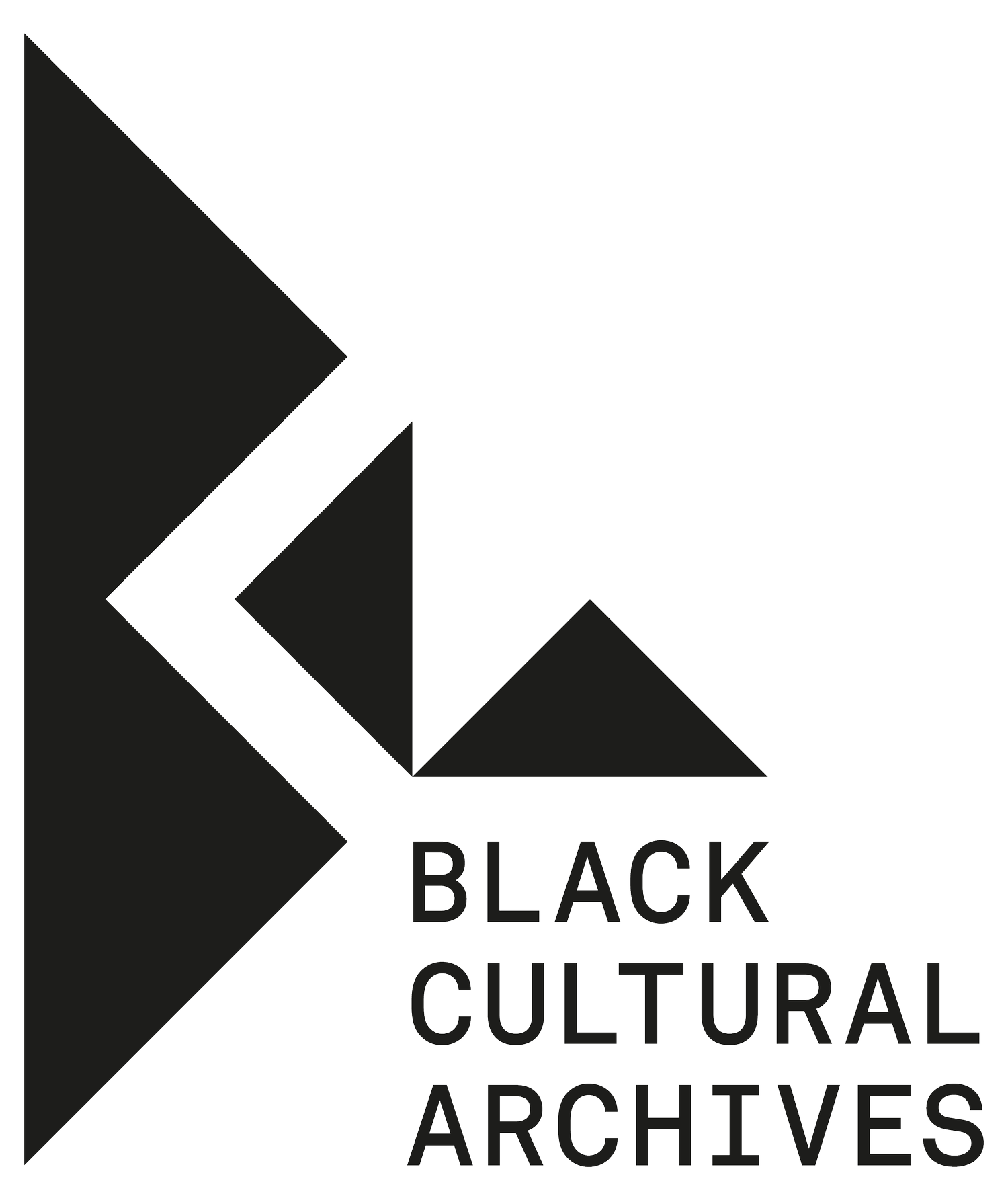Teaching Black history in schools: open letter to Kemi Badenoch MP
Black Cultural Archives has sent the following letter to Kemi Badenoch MP, following her comments in the House of Commons Black History Month debate.
Ms Badenoch’s contribution can be viewed on Parliament TV.
Kemi Badenoch MP
Parliamentary Undersecretary of State (Minister for Equalities)
Government Equalities Office
Sanctuary Buildings
16-20 Great Smith Street
London
SW1P 3BT
I write in my capacity as the Managing Director of Black Cultural Archives, the home of Black British history, with thanks to Abena Oppong-Asare, the MP for Erith and Thamesmead for securing the debate on Black History in the Commons on 20th October 2020 and also acknowledging our local MP, Helen Hayes, to thank her for continuing to champion the work we do in documenting, preserving and celebrating the lives, achievements and presence of Black people in the UK. I write on behalf of Black Cultural Archives and its board.
Black History Month was filled with celebrations, debates, performances and panels on the shared history of Britain in which people of African descent, or Black people, have made pivotal change to, and contributions to, the creation of contemporary British society. The cross-party debate was a highlight of the month. We were delighted to hear MPs from around the nation talk about Black history and Black heroes as related to their own constituencies, demonstrating that the breadth of Black history encompasses every part of the UK and across the length of British chronology. It was inspiring to hear so many cross-party voices celebrate Black History Month and call for more teaching of Black history in British classrooms. We absolutely agree, and are pleased to see that the question of broadening education was accepted across the House.
We are highly concerned that you closed the debate by deviating from the positive and open discussion preceding your statement into party politics. We remind the Minister that the teaching of Black history in our current curriculum is dependent on enabling and empowering all teachers across the country to teach it, which you have undermined by making statements on the legality of teachers’ self-led classroom content, and misunderstanding ‘critical race theory’ as an ideology (it is one methodology among other methodologies, and to the date of the debate does not seem to have been suggested by teachers as a methodology they would use).
We are dismayed that this follows on from the Minister for Culture’s letter of 28th September which seemed counter to the arm’s length principle, and to position the idea that our national cultural organisations should abandon established professional curatorial, engagement and research practice in order to follow an agenda set by government, under threat of funding review.
Organisations such as Black Cultural Archives, and celebrations such as Black History Month and Windrush Day, exist to find balance, by correcting the omissions and erasures that have led to the ignorance of our shared past. Ignorance of our shared past contributes to issues such as the Windrush Scandal, to racism and intolerance, to harmful stereotypes and ethnic disparities. Knowledge of our shared past contributes to:
social mobility
community cohesion
the rule of law and justice
a thriving cultural sector
Britain’s global reputation.
As such, Black Cultural Archives unreservedly supports the Museums Association’s response to Oliver Dowden’s letter.
We will not be able to learn from our past without knowing our past, and so we advise, hope for, and demand that teachers are given clear guidance, robust resources, and meaningful support to be able to include all of Britain’s history into the classroom for the benefit of future generations and for all of society. The quickest route to achieving this would be to include Black history as a compulsory component of the curriculum. The government appears to have a preference on which methodologies are to be used by teachers. Therefore - supplying teachers with guidance, resources and support via the national curriculum would be sensible.
The simple request to support the teaching of Black history in schools is being over complicated. It should not fall prey to the toxicity of party politics. Black Cultural Archives, an independent charity and national heritage organisation, is doing its part. The government must do its part.
Arike Oke
FRSA RM ARA
Managing Director, Black Cultural Archives.

